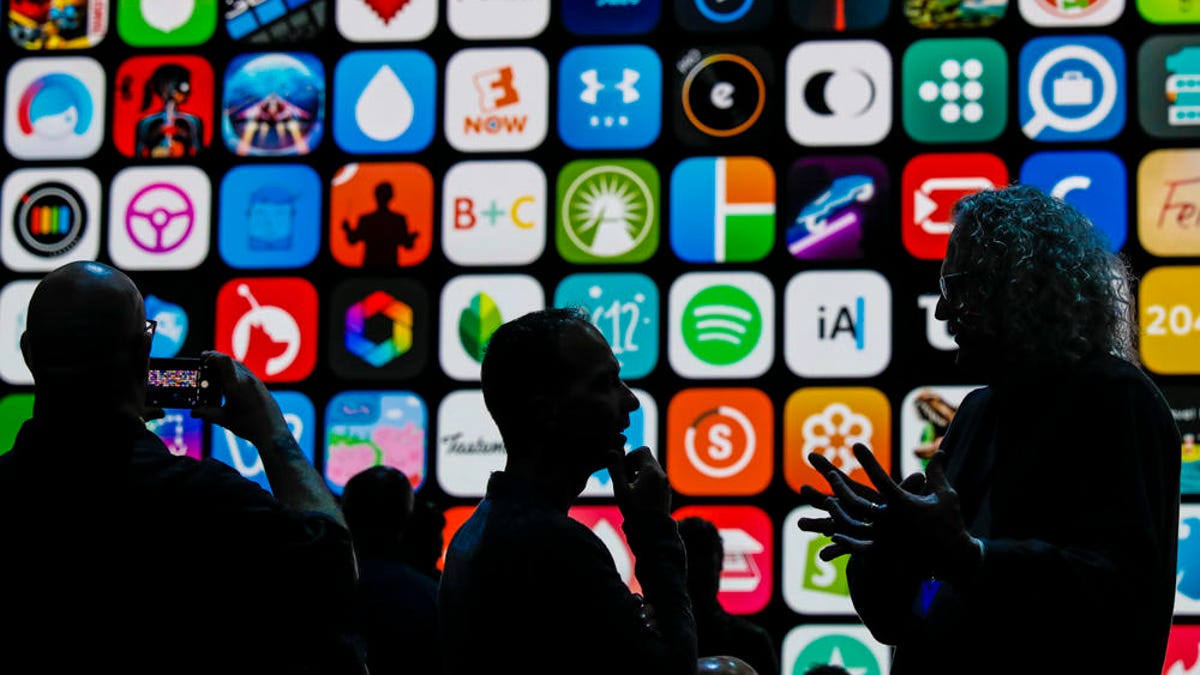Apple, Google, Amazon block nonofficial coronavirus apps from app stores
Apple and Amazon are only accepting COVID-19 and coronavirus-related apps from "recognized entities," Google is pointing people toward the WHO's website.

Earlier this month, Apple started cracking down on apps related to the coronavirus outbreak. It reportedly rejected apps from at least four developers whose apps would've displayed stats about which countries had confirmed cases of the disease, which has since been labeled a pandemic by the World Health Organization. Now Apple's making that ban official.
In a statement posted to its developer website Saturday, Apple said it would accept coronavirus-related apps only from "recognized entities such as government organizations, health-focused NGOs, companies deeply credentialed in health issues, and medical or educational institutions." The company said it wants to ensure "data sources are reputable."
To help get approved apps out quickly, the company said any developers that meet its criteria can mark their submissions as part of a "Time-Sensitive Event." That will expedite their review.
"Communities around the world are depending on apps to be credible news sources -- helping users understand the latest health innovations, find out where they can get help if needed or provide assistance to their neighbors," Apple said in its statement. "Now more than ever that commitment takes on special significance as the world fights the COVID-19 pandemic."
Amazon's approach has been similar to Apple's, blocking all coronavirus apps from unofficial sources. Google's taken a similar tack, blocking results for searches related to the coronavirus or COVID-19, and instead only pointing people toward the WHO's website and "trusted apps."
The three companies' moves follow pleas from the White House earlier this week for tech companies to help stop misinformation and disinformation about the coronavirus from spreading online. Already, fake accounts online have spread incorrect rumors about where the virus originated, celebrities who may have contracted it and potential cures (of which the Centers for Disease Control says there currently are none).
Coronavirus updates
Apple, Google and Amazon's efforts are likely to significantly cut down on the number of coronavirus-related apps available for iPhones , iPads and Google Android-powered devices, as many people typically download apps only through the pre-installed app store on their devices.
Microsoft , which also runs an app store for its Windows computers, didn't have immediate comment about whether it'll make similar moves.
Apple noted it doesn't usually charge nonprofits, government entities and accredited educational institutions for access to its developer tools if they plan to distribute their apps for free. Otherwise, a membership to its developer program, which is needed to distribute apps on the App Store, costs at least $99 a year.

